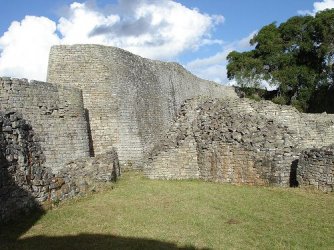Firstly TF you need to look up your history of Africa before Colonial times, you will be surprised at the fact there were civilisations there long before European ones.
http://library.thinkquest.org/C002739/AfricaSite/LMAfricainhistory.htm
No wars in Europe after Second World War?
Greece 1945
Hungary 1956
Czechoslovakia 1968
Northern Ireland 1960 to present day
Balkans 1990s to present day
Cyprus 1956 and 1976
I think what we have here is people with their history as written by Hollywood and thinking oh lets see what we can write that borders on racism and can upset those nice liberals at MT.
I'm not going to add to the wise and good words already written here by people of sense (I've already thanked them) and yes I think this will be locked too.
http://www.ena.lu/civil_war_greece_1945-020703252.html
http://library.thinkquest.org/C002739/AfricaSite/LMAfricainhistory.htm
No wars in Europe after Second World War?
Greece 1945
Hungary 1956
Czechoslovakia 1968
Northern Ireland 1960 to present day
Balkans 1990s to present day
Cyprus 1956 and 1976
I think what we have here is people with their history as written by Hollywood and thinking oh lets see what we can write that borders on racism and can upset those nice liberals at MT.
I'm not going to add to the wise and good words already written here by people of sense (I've already thanked them) and yes I think this will be locked too.
http://www.ena.lu/civil_war_greece_1945-020703252.html

